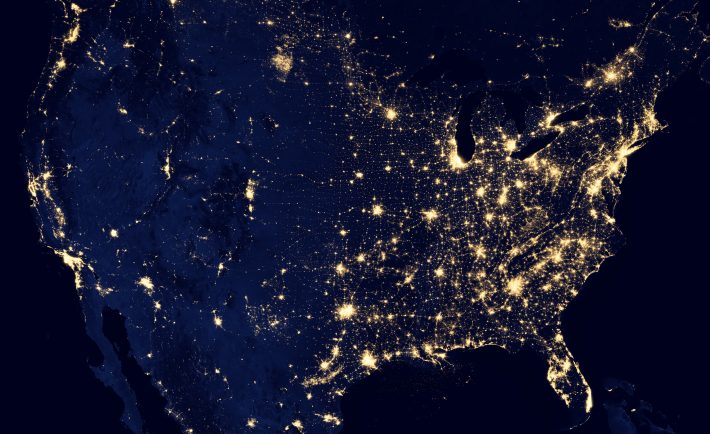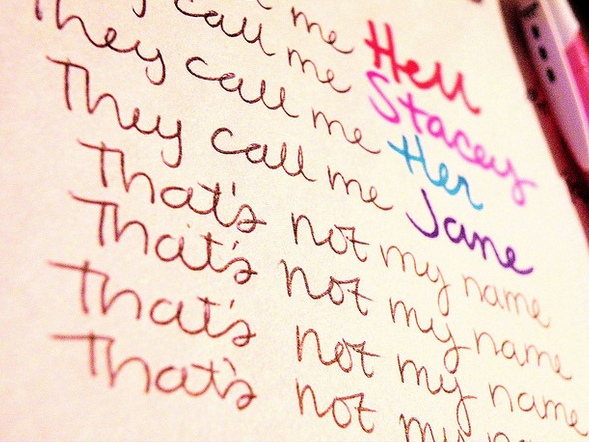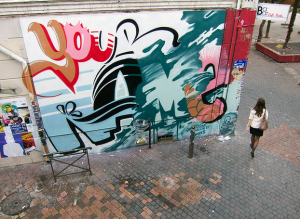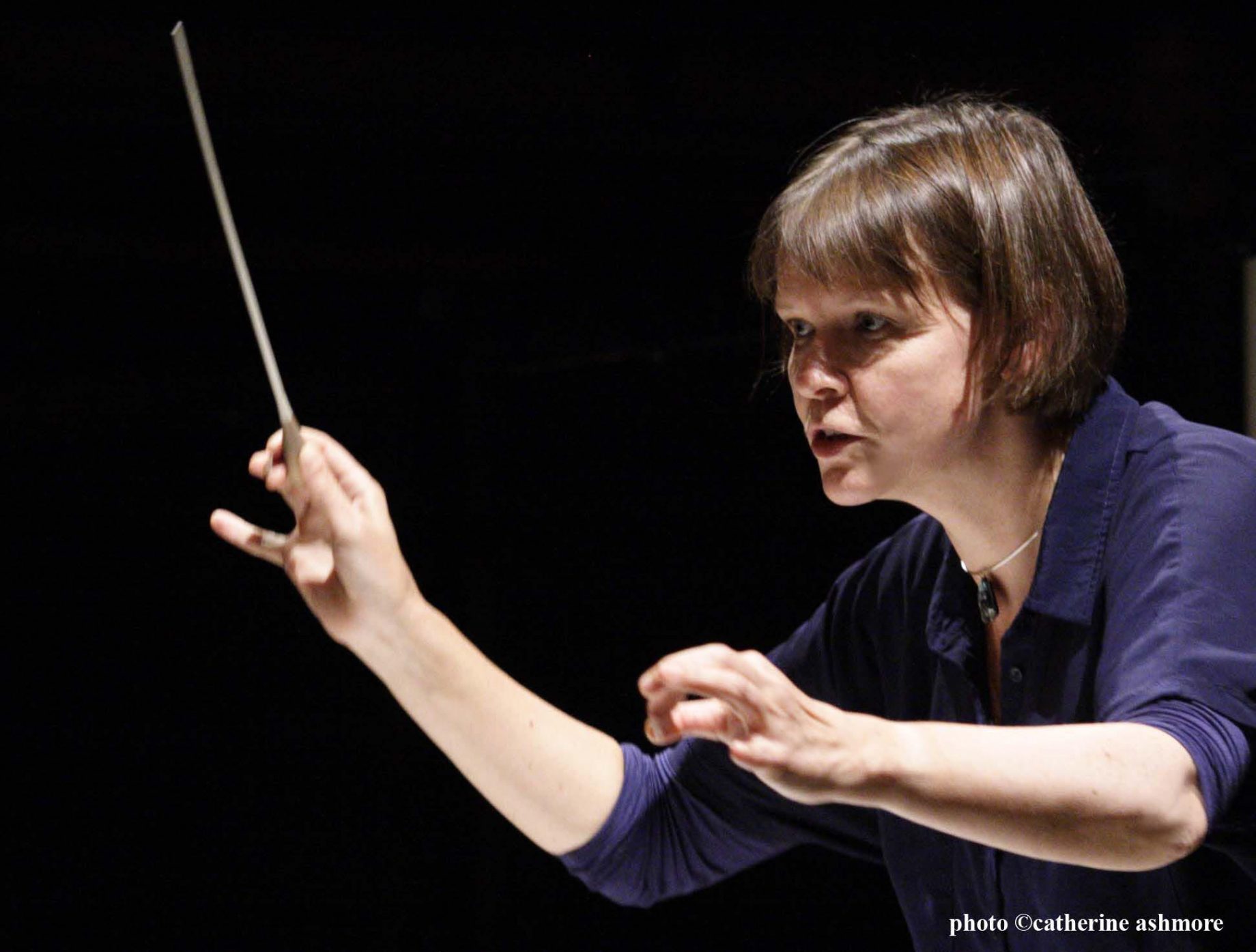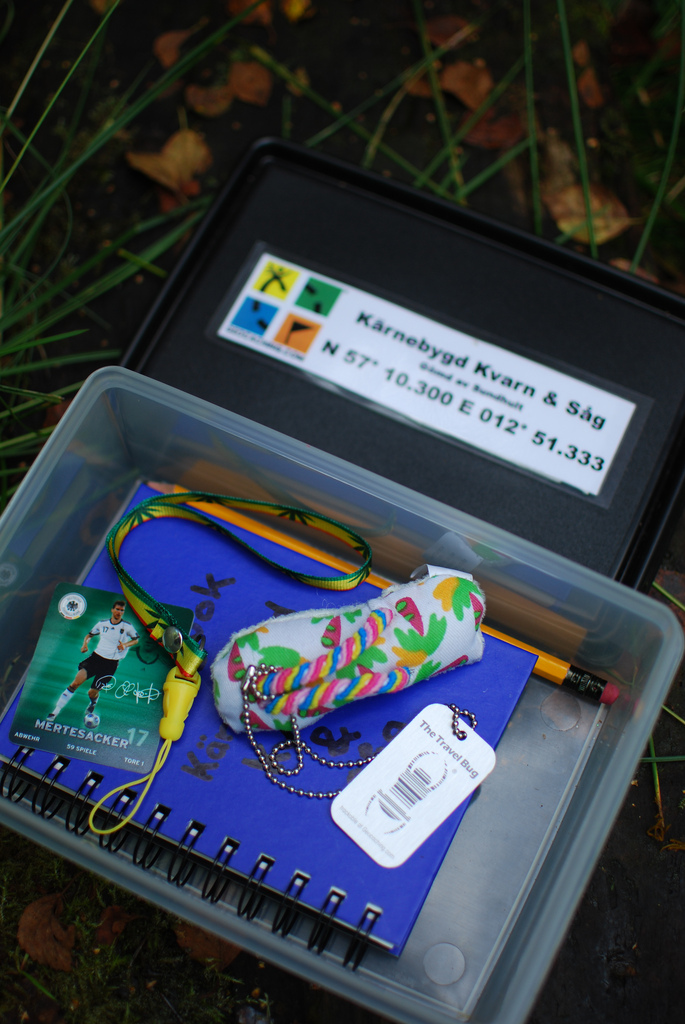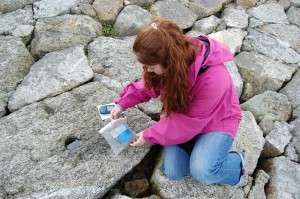The US Election – An Explainer for Kids
The voting system in the US election often confuses people. What is an Electoral College, and what is the difference between the ‘popular vote’ and the ‘electoral college vote’? Who are the people who work in Congress, and what is the difference between the Senate and the House of Representatives? We take a closer look and answer these and other questions, in a kid-friendly way.
What’s in a name….?
Do you ever wonder why people can’t pronounce your name correctly? Or struggle to say a friend’s name right sometimes? Here Avani tells us about her experiences, and how we can make the effort to pronounce things as best we can!
Do people always get your name wrong?
My name is Avani and let me start by saying: I get it.
Sometimes I spend ages teaching someone how to say my name properly (Uvni would probably be the best way to write how it’s pronounced) and other times I really can’t be bothered. I wish I had an easier name, or that people would just work harder to get it right!
Why do we find some names really difficult to pronounce and others really easy?
Here in England, people have names which come from all over the world. These names might be from places where a different language is spoken, and the different languages may also use different letters or characters to those we use for English.
My family, for example, come from a part of India called Gujarat. The Gujarati language uses a syllabary (a set of sounds) rather than an alphabet, but the syllables don’t always match up with English letter. The ‘v’ in ‘Avani’ (વ in Gujarati script) should actually be pronounced somewhere in between the English ‘v’ and ‘w’ sounds, but there isn’t an English letter that sounds exactly the same and this makes my name harder for people to remember! Also the ‘a’ and ‘u’ sounds in Gujarati are written using variations of the same symbol (અ (u) and આ (a)), which is why my name is spelt with an ‘A’, but pronounced using a ‘U’. Here’s what ‘Avani’ looks like written in Gujarati: અવનો – cool, right?
Languages which do use the same letters as those in English, may not pronounce all of them in the same way. This means that names that look similar on paper may be pronounced differently depending on where in the world someone lives. In Spanish, for example, the ‘j’ and ‘x’ letters are more like (but not identical to!) the English ‘h’, and in German, the letter ‘j’ sounds more like the English ‘y’ – can you imagine all the different ways people around the world must pronounce ‘Jesus’? You can listen to a few here!
It’s not only names from other countries that are hard to pronounce though! Have you ever thought about which common English names might be tricky for someone learning the language to get their head around? What about the name ‘Thomas’? We say it with a hard ‘T’ (like the one in ‘tree’, rather than the one in ‘three’) even though it is spelt with a ‘Th’, and we say the name ‘Charlotte’ with a ‘Sh’ sound (like in shop) even though it is spelt with a ‘Ch’ (like in chop). It must be hard to keep up with which names follow the usual pronunciation rules (like Theo or Charles) and which ones don’t!
What can I do if I think I’m pronouncing someone’s name wrong?
It is always worth checking with someone if you think you’re saying their name wrong – even if you’ve known them for ages and are embarrassed about asking, chances are they’ll be really glad to have an opportunity to correct you! However, it’s also important to remember that even if you know that the way someone says their name is different to the traditional way of saying it, you should always say their name like they have asked you to. Many people living in England, for example, prefer to go by a nickname or a more ‘Anglicised’ (English-sounding) version of their name to make things a little easier – so if you know a ‘Jesminder’ who prefers ‘Jess’, or a ‘Paulo’ who prefers ‘Paul’, you should respect their decision!
If you’ve just met someone new and have forgotten how to pronounce their name (or even if you’ve met them a few
times) – don’t despair, they probably won’t mind if you ask them again! If you are too embarrassed, though, there is a huge variety of pronunciation websites out there which will be able to help you. Click here for a good one!
Do you have a hard-to-pronounce name? Or have you ever been in an embarrassing situation over getting someone’s name wrong? Do you live in another country – which English names do you really struggle with? I’d love to hear your stories!
As well as trying to get people to say her name right, Avani Shah is currently working on a book for 8-12 year olds. She also blogs about her childhood and teenage experiences (Away with the Mice) and writes about words, etymology, and spelling for a website called Spellzone.
Title Photograph: Daisy 2008
Nom & Malc 2008
RiPO 2012
Women You Should Know – Conductor Alice Farnham
The musician and conductor Alice Farnham spoke to us about being a conductor, and the new courses for young women that she is giving at Morley College in Great Britain.
The courses are designed to get more girls and women interested in conducting.
What is Geocaching?
What is Geocaching? It’s like a real-life treasure hunt and is a great way to make a walk in the woods just a bit more interesting!
Julianne Robertson explains what it is and how to do it.
What is it?
Players use a handheld GPS device or a smartphone to look for a set of co-ordinates near to wherever they are and find the geocache (or treasure!) hidden at that location. These are usually a small container of some kind with a logbook and ‘treasure’ inside – this can be anything, like a little toy, some stickers, a badge, a pretty stone – basically anything small enough to fit inside and be worth finding!
Image
Sounds good! How do I get started?
Go to the website www.geocaching.com and register – it’s free to sign up. Then you put in your postcode and you should see a list of all the geocaches near to where you live. Choose one and you’ll get the co-ordinates you need to put into the GPS, as well as a description of the area and clues about how to find the cache.
Are geocaches always hidden in the woods?
No – there are geocaches all over the world and they are usually put in places which are important to the person hiding them. Some are hidden in forest areas, others are in local parks, or city streets – even underwater! There are also different sizes of geocache and a range of difficulty – you should probably start with one that’s easy, at least to begin with!
What do I do when I find one – can I keep the treasure?!
Yes, but you should replace anything you keep with something of equal or greater value. You should also write about your find in the logbook and when you get home log your experience on the website too, so that others know the cache is still active.
Can I hide my own cache for others to find?
Yes, once you’ve found a few caches you’ll know what makes a good geocache and hiding place, and you might want to create your own! There are lots of guidelines on the website about how to do it.
Now you know about geocaching – go and try it! It’s a great activity to do with your family or a group of friends. Once you’ve found one, you’ll want to find more!
Julianne Robertson is a freelance journalist, based in Dundee. Her background is radio news, and she now writes features and reviews, specialising in parenting, faith and religion, events and lifestyle issues.

